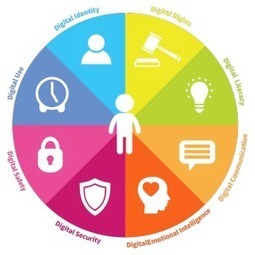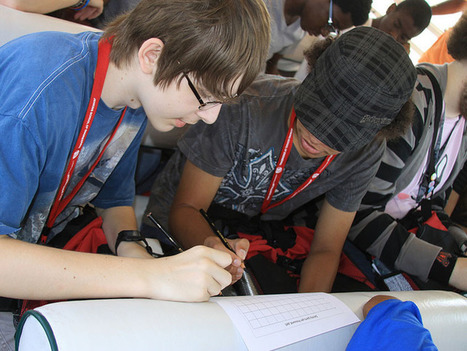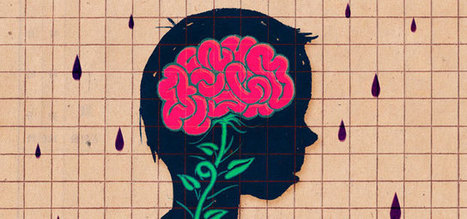Ich finde den Umgang mit Hochbegabung in unserer Gesellschaft verkrampft. Es wird viel über Inklusion gesprochen, und das ist gut so. Aber zur Inklusion gehören auch jene am oberen Ende des Leistungsspektrums. Immerhin zwei Prozent der Menschen haben einen IQ von 130 und mehr und gelten damit als hochbegabt.
Trotzdem gibt es gerade in Deutschland einen verschämten Umgang mit Begabung. In den USA drucken sich viele ihre Mitgliedschaft bei Mensa auf die Visitenkarte, in Deutschland hingegen gilt man als Streber, wenn man zu gut in der Schule ist oder sehr wissbegierig. Viele Hochbegabte wollen daher lieber nicht auffallen.
Meinen Sohn habe ich nach dem Gespräch mit der Lehrerin auf eine andere Schule geschickt, dort wurde er besser gefördert. Er hat sein Abitur als Jahrgangsbester bestanden und studiert heute Medizin. Jetzt wollen Sie bestimmt wissen, wer von uns den höheren IQ hat, mein Sohn oder ich. Aber es gibt bei uns Mensanern einen Kodex: Über den IQ spricht man nicht.
Learn more / En savoir plus / Mehr erfahren:
http://www.scoop.it/t/21st-century-learning-and-teaching/?&tag=Gifted+kids



 Your new post is loading...
Your new post is loading...















Ich finde den Umgang mit Hochbegabung in unserer Gesellschaft verkrampft. Es wird viel über Inklusion gesprochen, und das ist gut so. Aber zur Inklusion gehören auch jene am oberen Ende des Leistungsspektrums. Immerhin zwei Prozent der Menschen haben einen IQ von 130 und mehr und gelten damit als hochbegabt.
Trotzdem gibt es gerade in Deutschland einen verschämten Umgang mit Begabung. In den USA drucken sich viele ihre Mitgliedschaft bei Mensa auf die Visitenkarte, in Deutschland hingegen gilt man als Streber, wenn man zu gut in der Schule ist oder sehr wissbegierig. Viele Hochbegabte wollen daher lieber nicht auffallen.
Meinen Sohn habe ich nach dem Gespräch mit der Lehrerin auf eine andere Schule geschickt, dort wurde er besser gefördert. Er hat sein Abitur als Jahrgangsbester bestanden und studiert heute Medizin. Jetzt wollen Sie bestimmt wissen, wer von uns den höheren IQ hat, mein Sohn oder ich. Aber es gibt bei uns Mensanern einen Kodex: Über den IQ spricht man nicht.
Learn more / En savoir plus / Mehr erfahren:
http://www.scoop.it/t/21st-century-learning-and-teaching/?&tag=Gifted+kids
http://www.scoop.it/t/21st-century-learning-and-teaching/?&tag=Gifted+adults+are+different+from+an+early+age